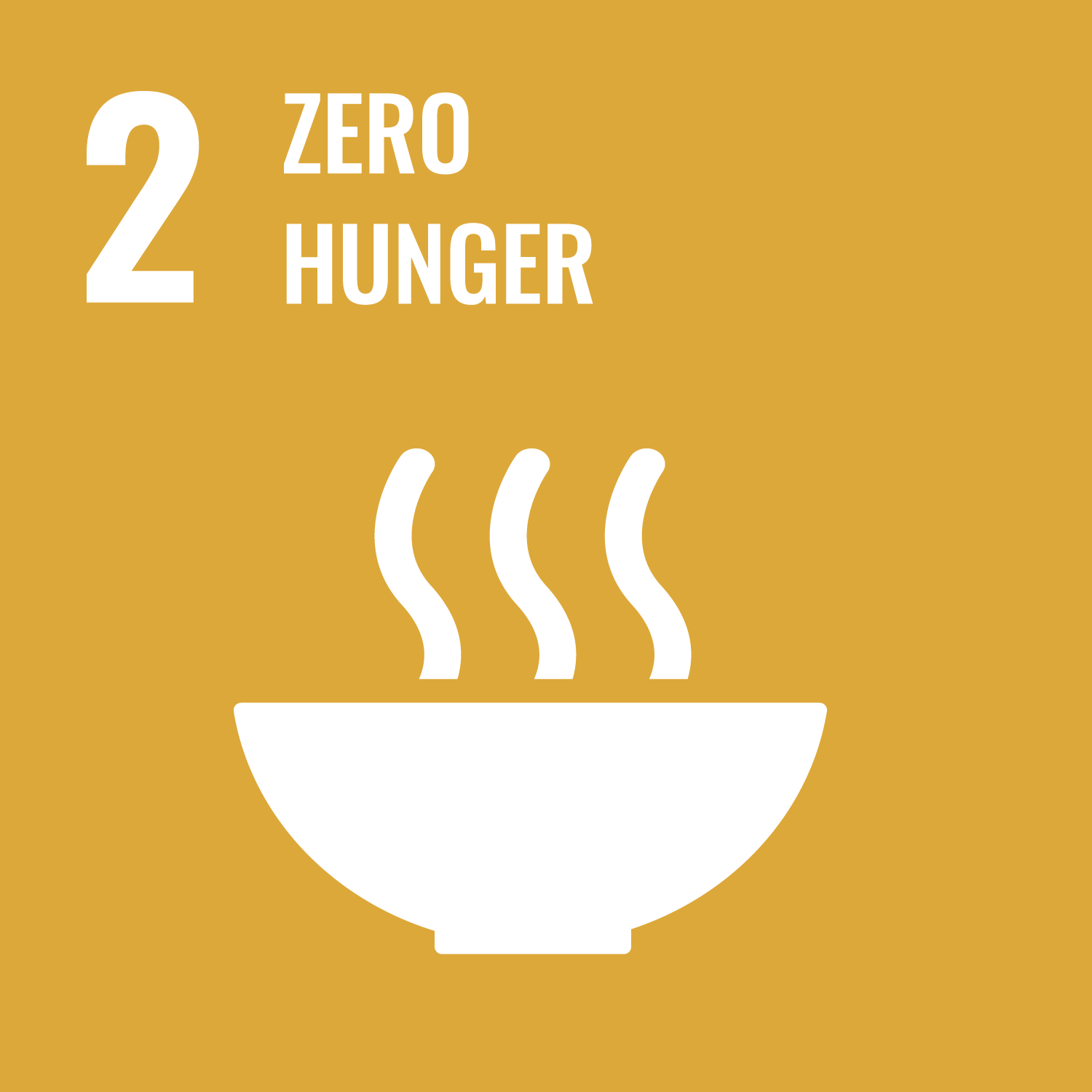Asháninka Impact Bond (Peru Sustainable Cocoa And Coffee Production DIB)
Aligned SDGs

- Asháninka Impact Bond (Peru Sustainable Cocoa And Coffee Production DIB)
- General overview
- Location
- Involved organisations
- Outcome metrics
- Results
- Other resources
- Spreadsheet of data
- Asháninka Impact Bond (Peru Sustainable Cocoa And Coffee Production DIB)
- General overview
- Location
- Involved organisations
- Outcome metrics
- Results
- Other resources
- Spreadsheet of data
General overview
Stage of development: Complete
Policy sector: Agriculture and environment
Date outcomes contract signed: Jan 2015
Start date of service provision: Feb 2015
Capital raised (minimum): USD 110k
Service users: 99 individuals
Intervention
Technical assistance provided by the Rainforest Foundation UK and its partner organizations in Peru to improve collection and
postharvest techniques for cocoa, improve marketing and support commercial agreements, control leaf rust disease
and restore growing plots, build nurseries for planting resistant varieties of coffee.
Target population
The target population included Asháninka families (typically 2 adults and 5 children). Indigenous Asháninka live near the Ene River in the Peruvian Amazon, and the intervention targets, specifically, the Kemito Ene producer’s association. The population was only considered if they paid their membership fees and were active members of Kemito Ene
Location
Country
- Peru
Service delivery locations
- Peruvian Amazon, Peru
Involved organisations
Commissioners/outcome payers
Service Providers
Investors
Intermediary organisations
Outcome metrics
- 60% increased supply to Kemito Ene by its members by 20%. Purchase records of the Kemito Ene specifying the amounts bought each year from each Kemito Ene member.
- At least 60% improved cocoa yield by Kemito Ene members to 600 kg/hectare (ha) or more. Productivity figures for each farmer for each cocoa harvest reported by the project’s field staff.
- At least 35 tons of cocoa bought and sold by Kemito Ene. Sales data of the Kemito Ene specifying for each year the amounts sold to its buyers.
- At the end of the project 40 producers with 0.5 ha of newly established coffee plots with leaf rust resistant varieties. Figures on number of hectares with newly established coffee plots for each coffee farmer reported by project’s field staff
Other resources
Spreadsheet of data
Important Notice and Disclaimer on INDIGO Data
INDIGO data are shared for research and policy analysis purposes. INDIGO data can be used to support a range of insights, for example, to understand the social outcomes that projects aim to improve, the network of organisations across projects, trends, scales, timelines and summary information. The collaborative system by which we collect, process, and share data is designed to advance data-sharing norms, harmonise data definitions and improve data use. These data are NOT shared for auditing, investment, or legal purposes. Please independently verify any data that you might use in decision making. We provide no guarantees or assurances as to the quality of these data. Data may be inaccurate, incomplete, inconsistent, and/or not current for various reasons: INDIGO is a collaborative and iterative initiative that mostly relies on projects all over the world volunteering to share their data. We have a system for processing information and try to attribute data to named sources, but we do not audit, cross-check, or verify all information provided to us. It takes time and resources to share data, which may not have been included in a project’s budget. Many of the projects are ongoing and timely updates may not be available. Different people may have different interpretations of data items and definitions. Even when data are high quality, interpretation or generalisation to different contexts may not be possible and/or requires additional information and/or expertise. Help us improve our data quality: email us at indigo@bsg.ox.ac.uk if you have data on new projects, changes or performance updates on current projects, clarifications or corrections on our data, and/or confidentiality or sensitivity notices. Please also give input via the INDIGO Data Definitions Improvement Tool and INDIGO Feedback Questionnaire.